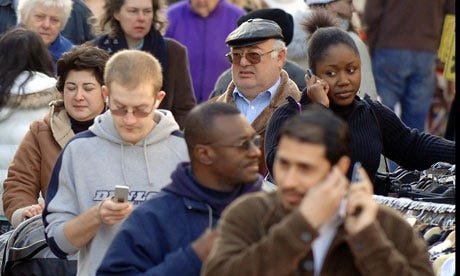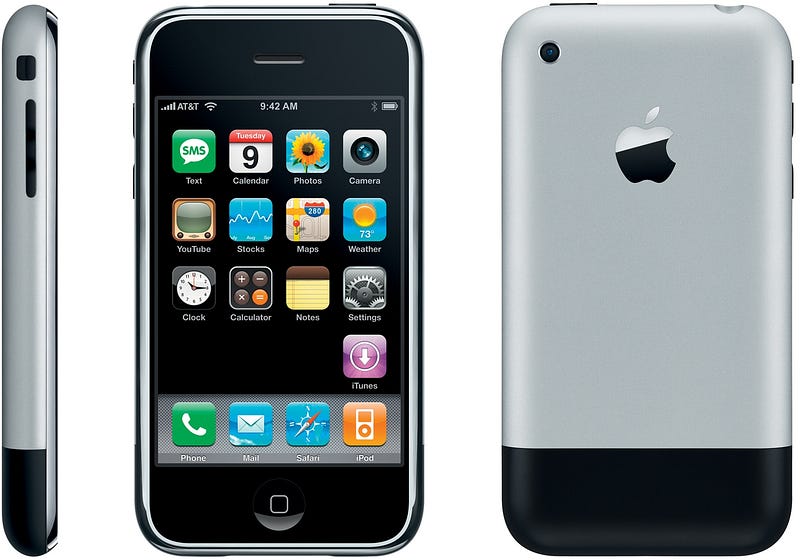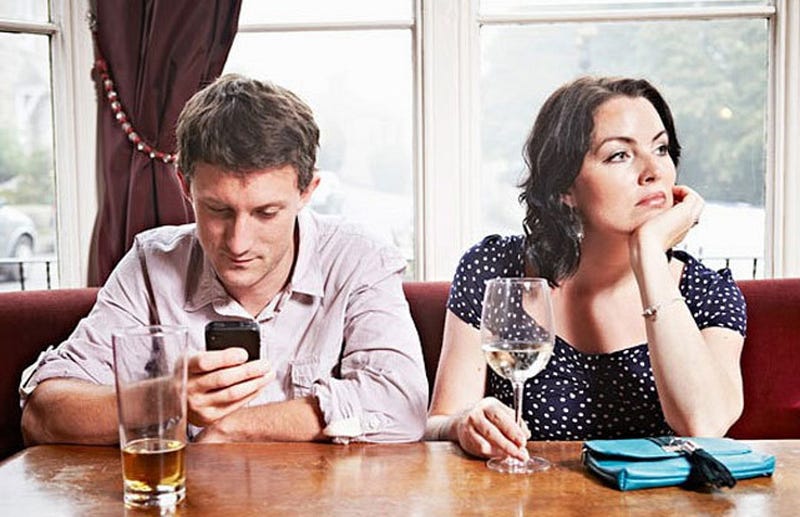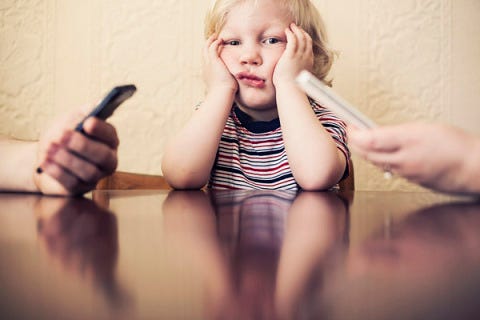Having a kid made me realize that I have been wrong about mobile app design since 2007.

I work in mobile app design. I’ve worked at agencies who’s clients are large fortune 100 companies and startups. My role has been to explain to clients how the future of computing and networking will create new opportunities for them. The biggest change of all has been “mobile” which is a combination of more efficient computing power, network connectivity, and data storage. These technological improvements combine to make the “mobile” opportunity for all businesses.

In 2007, when the iPhone came out, at frog Design in San Francisco we were helping our clients understand new possibilities in mobile and preparing for the route that we knew mobile was headed in. We did this by telling stories that were compelling, being confident in the technological futures we predicted, and knowing our users intimately through user research.
The essential opportunity that all businesses have with mobile is to “be there” instead of being at a web site, store or advertisement sign. Once you understand that being in a place is possible, the second part was to engage users.
Many designers, including me, advocated for filling the small “down time” moments in a person’s daily life. We knew these moments existed through user research and we knew they could be changed with computing. There’s time spent waiting in line, there’s time spent waiting for the bus, there’s time everywhere and the mobile phone is there… brands of all kinds can be there.
That was in 2007.
If you’re reading this now, you know how this prediction has played out. There’s about 50% chance you’re reading this on a phone right now. You might be reading it on the bus, or couch, or dinner table… Potentially ignoring the people and things around you.

What I’ve realized after having a kid is that these moments are more valuable than I originally thought. We are giving these moments to brands in exchange for very little. I am definitely guilty of this.
Our moments spent waiting, or not talking, and just being in a place are valuable because we engage with our environment. I’m not talking about explicit engagement such as striking up a conversation, but I mean the more subtle engagement of pleasantly acknowledging the world and people around you.
The businesses and apps and brands that have used mobile did so in a way that made total sense. They want that time and they want your attention. They don’t want to pay for it and they’re not going to tell you what it’s really worth. That’s fine. That’s business.
But as individuals we have to value this time more. I have to value this time more. And I am choosing to no longer advocate for my clients to fill this time with passive consumption. In the short term, we might as businesses benefit from capturing those eyeballs, but the long term result is bad.

Now that I’ve realized the value of moments, I’ve noticed that the culture of passive consumption has bad consequences. Being a passive consumer means that I devalue the journey. It means to not treat other people or places, that exist in between my goals, with respect. It means being unintentional about engaging apps, and just opening them because “there might be something new” instead of being present with people. That is a problem and I can’t be the only one who is affected in this way. This affect can only make the world a colder and more isolating place.
I know that other mobile product designers out there will argue that the efficiency wrought by mobile allows us to improve the time spent with the people we love. I agree. I get so much more done than I did in 2007. The problem is how we interact with the rest of the world. We can’t just have super relationships, empowered by technology, with the people who make us the most happy. We have to live with everyone else, too. And I don’t see technology moving us in that direction at all. It gives us the option to mute others. It makes us disgusted with moments where we cannot choose to mute others and have to be nice.
What does this mean? I’m going to explore what a mobile experience would look like that leads users towards intentional use instead of passive consumption. What does your email and calendar look like? How can Facebook work differently? I deleted it from my phone. The role of a mobile device in my life has got to change if I want to properly value being present and enjoying the human experience that is around us all.